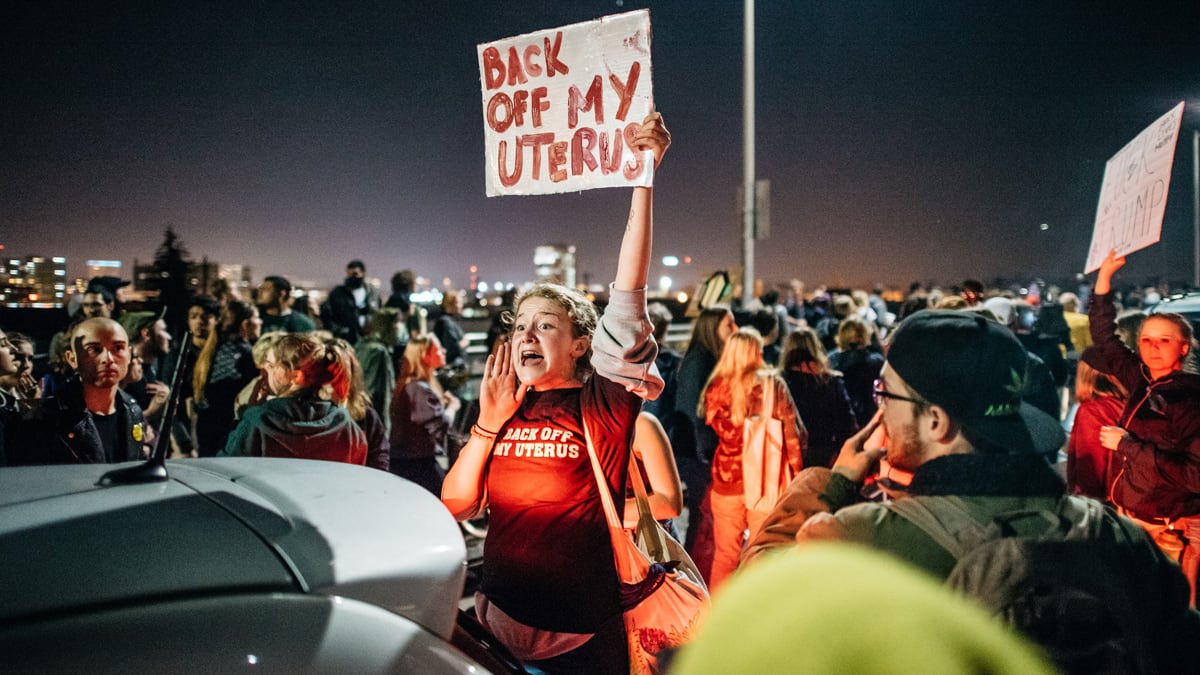The NAACP of Portland announced Wednesday the group has removed its endorsement of the Women's March on Portland, a protest of President-elect Donald Trump scheduled for Jan. 21, the day after the presidential inauguration.
"I didn't want to be part of the march if it was going to be a white-woman kumbaya march," Jo Ann Hardesty, the president of the group, tells WW.
After a vote last night, NAACP of Portland released a statement earlier today, posted by The Skanner.
The Women's March on Portland has replaced its leadership, and tells WW that it is now giving a larger platform to women of color.
Hardesty says her group pulled its endorsement after she learned that the original organizers of the march wouldn't talk about discrimination affecting immigrant and Muslim women as well as women of color.
She says march organizers told her those issues—as well as anti-Trump signs and any mention of the Black Lives Matter movement—were "too political."
"I can't imagine bringing 20,000 women together and not addressing
the most critical issues that are facing women in our community," Hardesty says.

Margaret Jacobsen, a writer and an activist, joined on as a Portland march organizer last Friday after national organizers sought out a way to diversify the leadership of Portland's group.
Jacobsen says she's working to turn the march around in the next two weeks.
"We're changing it so that people feel welcome and know that they are safe here," Jacobsen tells WW. Plans now include a roster of speakers and MC's for the event that will be majority of people of color.
The Portland march was originally organized by half a dozen women from Eastern Oregon, says Jacobsen, and women of color had been blocked from the local group's Facebook page after asking whether they were welcome.
The Women's March on Portland isn't the only women's protest of Trump to stir up questions about whose voices should be amplified.
A Women's March on Washington is planned for the day after President Trump is inaugurated, and local marches are planned around the country. The organizers of the national march have been working to take on racism—and have stirred up public fights of their own as a result, The New York Times reported.
In Portland, the new organizers are trying to salvage the event.
Jacobsen says she's been in touch with Hardesty, telling her:
"I was going to ask you to speak, but I want to honor the choice not to support this march," she says.
Yet Hardesty and the NAACP have yet to rejoin the march. Hardesty says she's aware of the change in leadership, but the damage had been done.
"I felt it was important that we not miss this teachable moment about what role of race and religion and class were playing in pulling this march together," she says.
UPDATE, 7:20 pm: This post and headline have been updated to make it more clear that the leadership of the Women's March on Portland has been replaced.

